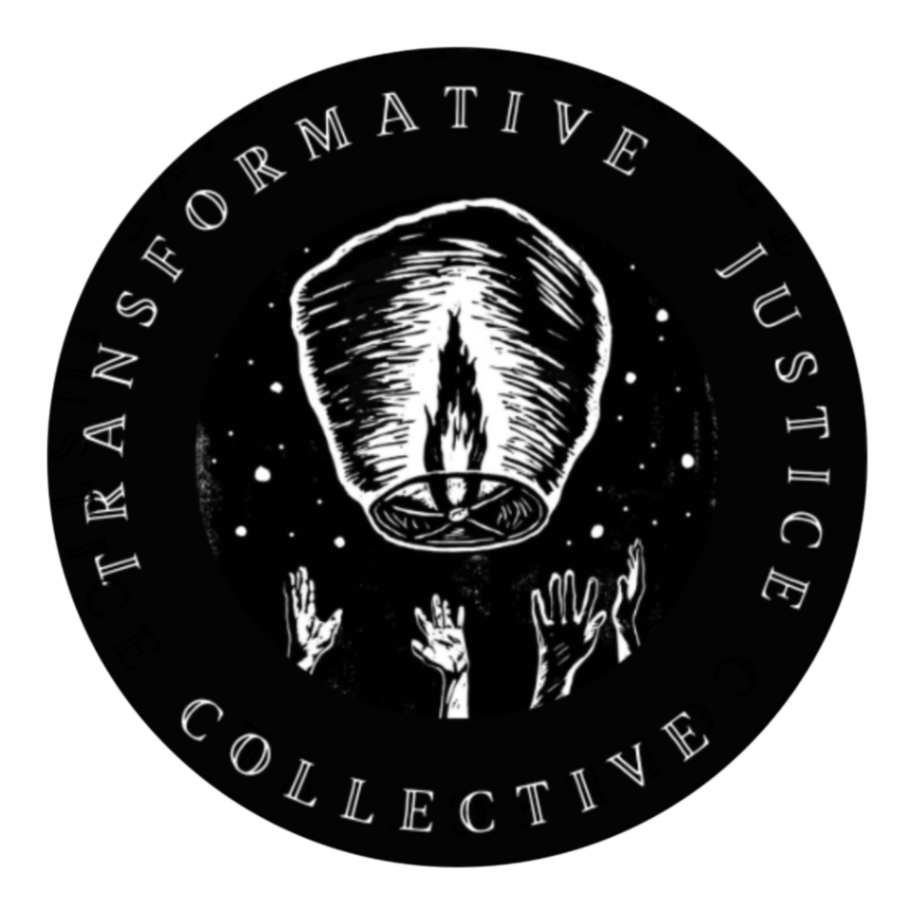I hope everyone has had a better week than me because I’ve been ill most of this week. 😭 It feels like my body has finally put its foot down and gone, “Nope.” At first I thought Covid finally caught up to me, but I keep testing negative so I think it really is just being run down. *sigh*
That said, Rest of World published my commentary on MCI's proposed codes for social media, and how we have to be wary of authoritarians exploiting genuine concerns to consolidate more power.
Shanmugam’s lack of doubt gets people killed
The BBC has aired their HARDtalk interview with Minister for Home Affairs and Law, K Shanmugam. (For those who have no patience to watch the video, the Ministry of Home Affairs has also published a transcript.) In it, he doubles down on Singapore’s use of the death penalty for drug offences. “I don’t have any doubts,” he tells Stephen Sackur, before going on to claim that hanging people for drug offences actually saves lives because it deters drug trafficking. He insists that we can prove it, although we don’t actually see this proof. (And no, people thinking or believing that the death penalty is an effective deterrent doesn’t make it an effective deterrent.) “[A] single hanging of a drug trafficker is a tragedy; a million deaths from drug abuse is a statistic,” perpetuating the common narrative that abolitionists care more about criminals than people with substance use disorder.
It’s a line that is parroted all over Singapore but couldn’t be further from the truth. People who oppose the death penalty for drugs aren’t doing it because we don’t care about people getting harmed by drugs. There is a reason why organisations that do drug policy research (i.e. it is their entire jobs to think about drug use, the drug trade, and policies that help) are anti-death penalty and advocate for reforms like decriminalisation and other harm reduction approaches. Here are some of them: the International Drug Policy Consortium (IDPC), the Global Commission on Drug Policy, and Harm Reduction International. Adeeba Kamarulzaman, a Malaysian infectious diseases expert and the president of the International AIDS Society, has also spoken about how criminalisation of drug use also leads to more harms, like leaving people who use drugs vulnerable to HIV and viral hepatitis. Here in Singapore, the Transformative Justice Collective has also talked to people who have been through the system for drug offences; many tell us that the current system doesn’t actually help them. While “think of the victims of drug addiction!” is flung at abolitionists, the reality is that Singapore isn’t actually providing the support that people who use drugs need. I wrote about abolishing the death penalty and solutions here (and there's a Chinese translation here).
Shanmugam’s lack of doubt — in the face of research and expert opinion around the world — kills. A day after the BBC published his interview, two families were informed by the Singapore Prison Service that their loved ones have been scheduled for execution on 7 July 2022, next week. Kalwant Singh and Norasharee bin Gous were co-accused who were both sentenced to death. Kalwant, a Malaysian who’d been arrested in 2013 when he was 23 years old, was acknowledged by the High Court to have only been a courier, but was not given a Certificate of Cooperation that would have allowed an alternative to the death penalty. Norasharee, who had been arrested about 20 months later, had been convicted almost entirely on the testimony of another co-accused, Yazid, with no other evidence connecting him to the drugs. Yazid, who had testified against both Kalwant and Norasharee, received a Certificate of Cooperation and was sentenced to life imprisonment and 15 strokes of the cane.
Kalwant’s family, who are based in Cameron Highlands and Kuala Lumpur, have had to scramble to Singapore to see him at short notice. They’d last visited at the beginning of June — the first family visit Kalwant has had since February 2020, before the pandemic closed the borders. His sister Sonia struggles with chronic health issues and financial difficulties, making it a challenge to travel to Singapore regularly. When they were last here, Sonia and her daughter Kellvina (who was raised by Kalwant), had begged the prison to allow them an extra visit on the grounds that they don’t often come to Singapore. They were refused.
This is a video that the Transformative Justice Collective shared then, where Kellvina talks about the pain of not having been allowed to see Kalwant for an extra visit:
Kalwant and Norasharee’s execution notices make for the seventh and eighth issued so far this year. The others are: Roslan bin Bakar, Pausi bin Jefridin, Rosman bin Abdullah, Abdul Kahar bin Othman, Nagaenthran K Dharmalingam, and Datchinamurthy a/l Kataiah. Abdul Kahar and Nagaen’s executions went ahead; the others were fortunate to obtain stays of execution or respite orders. There was a hearing for Datchina’s case (alongside 12 other plaintiffs) yesterday. The thing to note about stays and respite orders is that they can be lifted any time after outstanding matters are resolved, so these men are still at risk of having their executions re-scheduled at some point.
The past couple of days have been a mad scramble, but I’ll be back with updates if any actions are planned for Kalwant and/or Norasharee. In the meantime, we’re using the TJC Support Fund to cover the expenses for Kalwant’s family to come to Singapore, so any contribution to the fund is appreciated (select “support fund” in the dropdown menu).
So when can I have my T-shirt back?
Last week I wrote about Rocky and I being investigated by the police for alleged offences under the Public Order Act, and how they’d confiscated the T-shirts off our backs because they claimed that, by wearing anti-death penalty T-shirts and walking from the market to the police station, we’d constituted an “illegal procession”. Well, the Attorney-General’s Chambers has apparently advised the police that it wasn’t an offence to be wearing the shirts to the police station after all! Not that they bothered to tell us; Rocky and I had to find out via the media like everyone else. I’ve texted my investigation officer to ask if this means I can have my shirt back — it’s really comfy okay — and was sent a boilerplate response about how she’ll get back to me. She hasn’t yet. Oh well. Rocky and I wrote a message for everyone.
If anyone would like to acquire their own anti-death penalty T-shirts, here’s the online store!

Forward Singapore
Deputy Prime Minister and future PM Lawrence Wong has launched yet another national dialogue, this time called Forward Singapore. It will “review and refresh Singapore’s social compact”.
k.
Checking in on the neighbours
🇵🇭 The independent news website, Rappler, has been ordered to shut down. Their CEO, the Nobel Peace Prize laureate Maria Ressa, says they are doing to fight the decision in court. #HoldThe Line

Thank you for reading this week! As always, please help me spread the word about this newsletter by sharing it widely.

